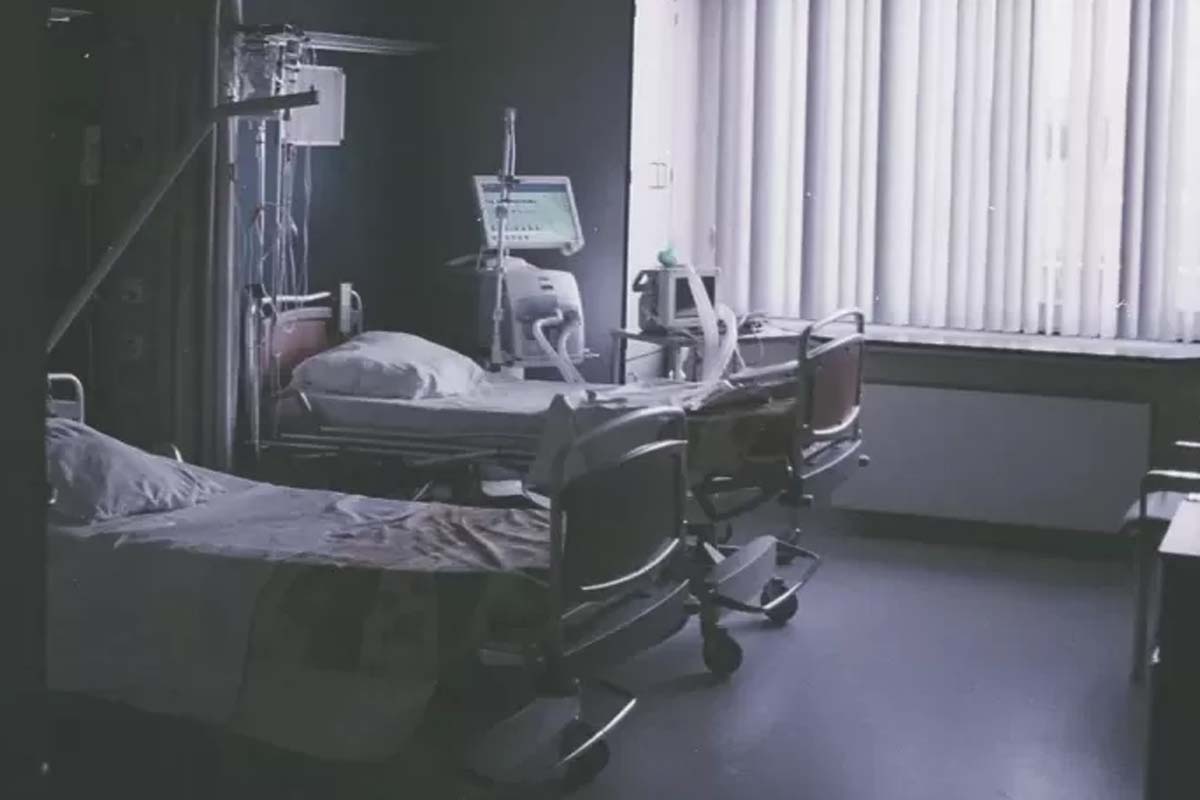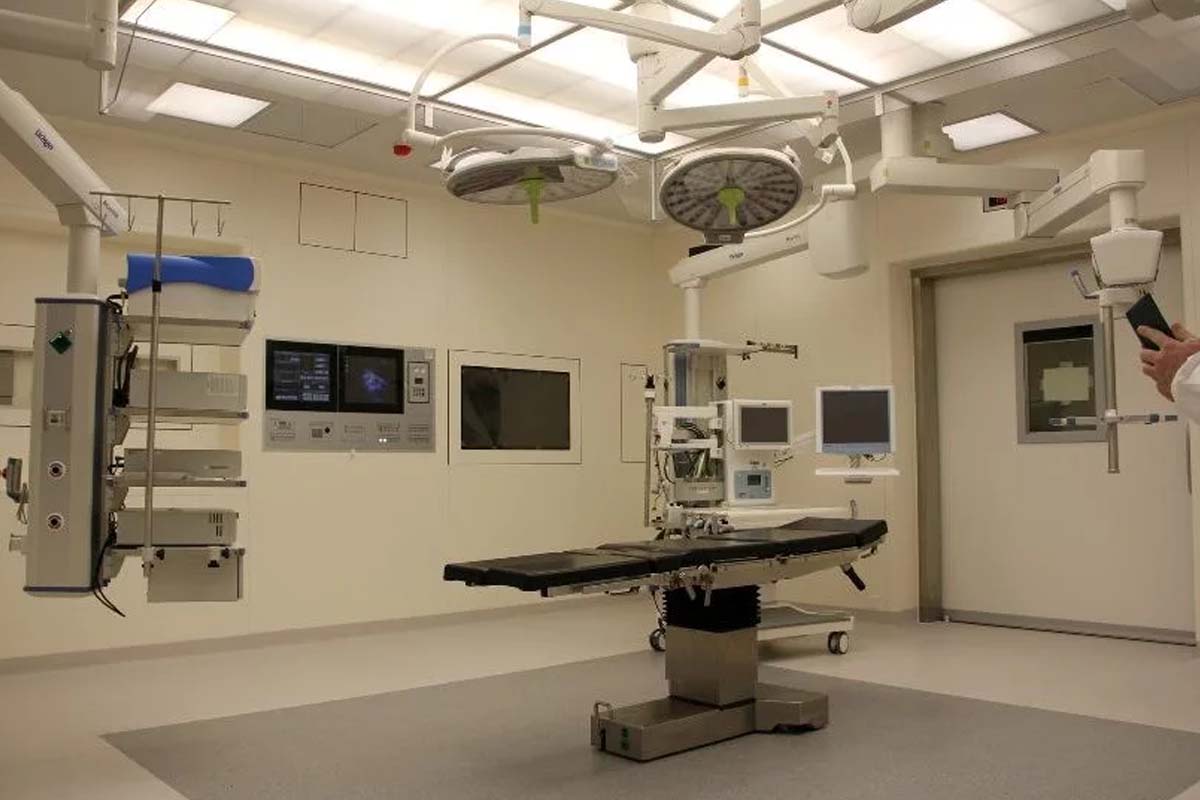Medical negligence in Ireland is a critical issue, impacting both patients and healthcare professionals. Staying informed about the latest developments is essential for understanding your rights and responsibilities. This article provides recent updates and significant types of cases of medical negligence in Ireland, providing a comprehensive overview for those affected and interested in the topic of medical negligence cases.
What is Medical Negligence?
Medical negligence claims can occur when a healthcare professional fails to provide the standard of care expected, leading to harm or injury to the patient. This can include misdiagnosis, surgical errors, medication mistakes, or inadequate aftercare. Victims of medical negligence often face significant physical, emotional, and financial repercussions.
Recent Legal Changes and Medical Negligence Cases
New Legislation on the Duty of Candour
One of the most significant recent updates in Ireland is the introduction of the Duty of Candour legislation. This law mandates that healthcare providers must be open and honest when things go wrong. This is a crucial step towards improving transparency and trust between patients and healthcare professionals. The Duty of Candour aims to ensure that patients receive timely and accurate information about their treatment and any errors that may have occurred. This will in time have an impact on medical negligence claims.
High-Profile Cases
Ireland has seen several high-profile medical negligence cases that have been well documented in the media that have not only highlighted the severe consequences of medical errors but have also led to significant legal and procedural reforms. Here are some noteworthy types of cases:
- Cancer Misdiagnosis Leading to Delayed Treatment
One of the most prominent medical negligence cases in Ireland involved a patient who was misdiagnosed, resulting in a delayed cancer diagnosis. The patient initially presented with symptoms that were not thoroughly investigated, leading to a failure to diagnose cancer at an early and more treatable stage. By the time the correct diagnosis was made, the cancer had progressed significantly, severely impacting the patient’s prognosis and quality of life. The court awarded substantial damages to the victim, acknowledging the severe impact of the delay. This case has brought to the forefront the critical importance of thorough diagnostic procedures and has prompted discussions about improving diagnostic protocols in the healthcare system.
- Incorrect Surgical Procedure
Another high-profile medical negligence case involved a patient who underwent an incorrect surgical procedure due to a mix-up in the operating room. The patient was supposed to have a relatively minor operation but instead received a much more invasive procedure intended for another patient. This mistake led to severe complications, including prolonged recovery time and additional surgeries to correct the error. The case resulted in a significant settlement for the patient and highlighted the need for stringent verification processes before surgery. Hospitals across Ireland have since been urged to adopt more rigorous surgical checklists and to implement technology that can help prevent such errors, such as barcode scanning for patient identification.
- Maternal Death During Childbirth
A tragic medical negligence case that drew national attention was the maternal death of a young woman during childbirth. The investigation revealed multiple instances of negligence, including failure to monitor the patient adequately, delayed response to signs of distress, and improper administration of medication. The woman’s family received a substantial settlement, and the case led to widespread calls for reforms in maternity care. As a result, there have been increased investments in training for maternity staff and the introduction of more robust monitoring systems to ensure the safety of both mothers and babies during childbirth.
- Failure to Diagnose Sepsis
Another medical negligence case involved the failure to diagnose sepsis in a timely manner, resulting in the death of a young child. Despite presenting symptoms that should have raised alarm, the child was not given the appropriate diagnostic tests and treatments. The court found that the healthcare providers had failed in their duty of care, leading to the child’s preventable death. This case underscored the importance of recognizing and treating sepsis early and led to the implementation of new guidelines and training programs aimed at improving sepsis diagnosis and management in healthcare facilities across Ireland.
- Cosmetic Surgery Medical Negligence Claims
A high-profile medical negligence case related to cosmetic surgery involved a woman who suffered severe complications following a botched procedure. The surgeon failed to provide adequate pre-operative advice, and the surgery itself was performed negligently, resulting in permanent disfigurement and chronic pain. The victim received a significant medical negligence settlement, and the case spurred stricter regulations and oversight for cosmetic surgery practices in Ireland, ensuring better protection for patients seeking such procedures.
These cases are only a sample of the types of medical negligence claims in Ireland and clearly illustrate the profound impact of medical negligence on patients’ lives and the importance of accountability and continuous improvement in healthcare practices. They have led to legal reforms, heightened awareness, and policy changes aimed at preventing similar incidents in the future.
If you believe you have been a victim of medical negligence and wish to enquire about a medical negligence claim, it is crucial to understand the steps involved in making a claim and contact specialist medical negligence solicitors. Here are some key points:
- Seek Legal Advice: Consult with a medical negligence solicitor to discuss your case as soon as possible. Delays can cause significant issues with potential medical negligence claims.
- Gather Evidence: Collect all relevant medical records, witness statements, and other documentation. Specialised medical negligence solicitors will assist with this aspect of the process. It can take time to obtain the medical records.
- Expert Opinion: An independent medical expert may be required to assess whether the care provided was below the acceptable standard. A medical negligence solicitor will be able to locate and instruct an appropriate expert on your behalf.
- Time Limits: Be aware of the statute of limitations for medical negligence claims in Ireland, typically two years from the date of the incident or the date you became aware of the injury.
Conclusion
Medical negligence claims remain a significant issue in Ireland, with recent legal changes and high-profile cases underscoring its importance. Understanding your rights and the legal landscape is crucial if you are affected by medical negligence. By staying informed and proactive, both patients and healthcare providers can work towards reducing the occurrence of medical negligence and improving the overall standard of care.
If you wish to discuss a potential medical negligence claim with our medical negligence team of specialised medical negligence solicitors then please do not hesitate to contact O’Reilly Doherty & Co immediately.





